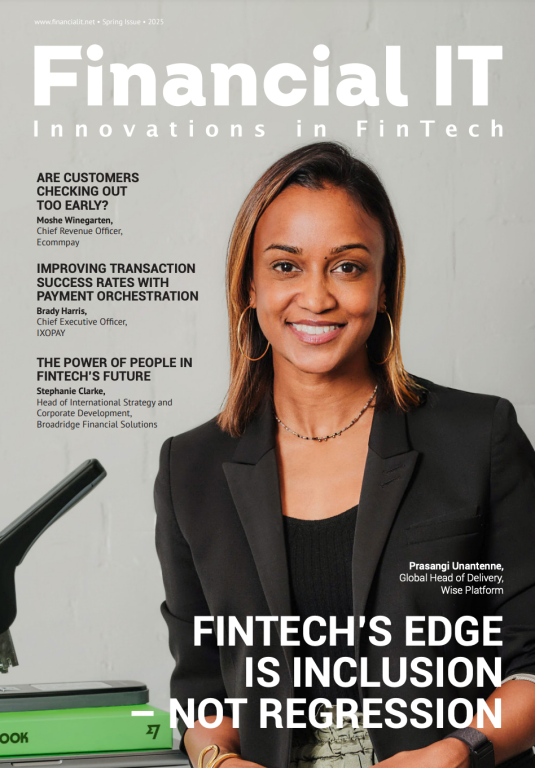Automation: How 2020 Will Look in FS

- Gavin Fell, General Manager UK at Exact
- 06.03.2017 11:00 am FS
The concept of ‘digitalisation’ has been one of the most powerful trends in the business world over the last two decades. Every sector and profession has been touched by it, from the factory floor to the office block and even into the great outdoors. From email and brick-like mobiles to video calling and smartphones, technology changes everything.
But the next three years will see a new level of digitalisation. By 2020, we’re going to see an increasing number of processes move from digitised to automated. Automation is going to transform the way we communicate, buy, sell and work.
In that context, we’ve laid out three major areas of change for the financial services and accounting sectors. This is how automated technology will affect your job in the next three years…
Automatic trust - the power of blockchain
Financial transactions are the core of our global economic system. A lot of effort goes into making sure that those transactions can be completed in a safe and trusted way. We need central banks to allow money to be transferred from one person or organisation to the other, with every piece of stock that is traded registered by a Central Security Depository (CSD).
Or at least, we did until recently. Over the last year the digital currency bitcoin has showed us that it is possible to completely decentralise trust. When money is transferred from one person to the other, the transfer is registered in a central administration, and every participant in the network has a copy of the data. Bitcoin automates the trust of a financial transaction.
Blockchain, the technology behind bitcoin, has the potential to disrupt many more elements of our economy and society. In the accounting industry, for example, working capital financing and triple-entry accounting are very tangible applications of blockchain technology. For working capital financing, blockchain technology can combine and register data that is locked inside the systems of companies and organisations. This increases the value of information, leading to an increase in security and a lower risk level, making financing easier and cheaper. New financing solutions then become available as a result.
In triple-entry accounting traditional auditing will also change because of blockchain. The reputation of customers, based on historical and actual payment data, will be available in blockchain. Also, transactions between organisations will be matched via this technology in real-time, simplifying the traditional annual audit or even making it redundant.
As you like it: automated personalisation
In the old days, most consumers would buy their meat at their regular butcher and bread at the baker at the corner. These retailers knew our specific tastes well. This allowed them to optimise customer experience by suggesting new products based on our preferences, or even presenting a tailored, personal offer. The rise of supermarkets and shopping malls made retailing less personal; we could no longer rely on a befriended shop owner.
As contradictory as it may sound, e-commerce holds the promise to bring back that personal flavour in customer experience. Thanks to machine learning, Netflix can predict the kind of series that you like and Spotify offers a weekly personalised playlist with suggested songs based on your historical preferences. Machine learning allows computers to discover patterns based on big data; thanks to these algorithms the services they offer get better and more personal.
This is not only applied in e-commerce, but also in financial and business software. For instance, machine learning can recognise bank statements and automatically book the correct general ledger account as a result.
Standard procedure: automating financial process
In 2017 we expect to see more rationalisation of financial and accounting red tape, with a strong shift towards electronic filing and standardized data. Electronic transactions move more of a company’s financial dealings onto a fully digital, real-time basis. Since the output is standardized, the source must be too. For example, e-invoices will already be coded in line with the output requirements for filing.
This will necessitate changes to accounting, book keeping and banking processes, but in return will provide much more clarity and certainty of cash flow, financial health and trading outcomes. It will also lower operating costs by further reducing cash handling for many organisations. The digitalisation of financial processes also paves the way for a shift towards real-time banking - financial transactions can now be processed instantaneously. This allows companies to have constantly up-to-date insights into their financial balance.
There are countless new efficiencies, services and competitive advantages to be had in a more automated business. Financial services companies must equip themselves with the right technology to take advantage of this and increase the efficiency of their day-to-day processes. Automation is the future of financial services - those companies which fail to grasp it will be left behind.






















